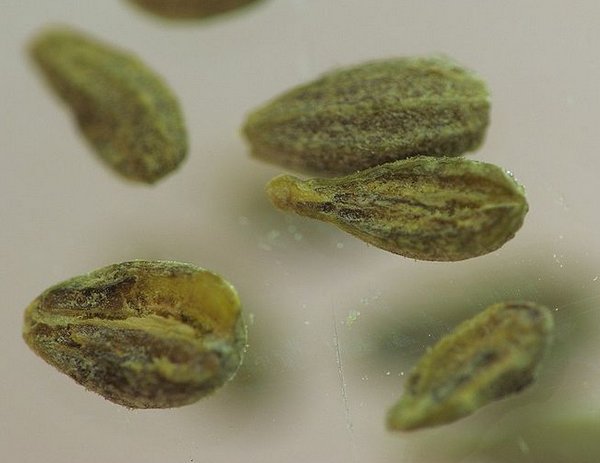Aniseed

  | Aniseed in TCM:Explore the properties of Aniseed according to Chinese
Nutrition and Traditional Chinese Medicine (TCM):
Temperature: warm
Channels: LU, ST, SP, HT, KD, LV
Flavors: aromatic, sweet, pungent
Tonifies: qi, yang
Special Properties:
circulates qi, clears damp, resolves phlegm
In terms of Traditional Chinese Medicine (TCM) Aniseed is known for its ability to tonify qi and yang. It also helps to promote qi circulation, resolve dampness, and resolve phlegm.
In general the ancient Chinese medical texts cite that it enters the Lung, Stomach, Spleen, Heart, Kidney, and Liver. The flavor of Aniseed is sweet and acrid, and it is considered to be warm in temperature.
The main use of anise in traditional European herbal medicine was for its carminative effect (reducing flatulence), as noted by John Gerard in his Great Herball, an early encyclopedia of herbal medicine. Anise has also been thought a treatment for menstrual cramps and colic.
Disclaimer: In accordance with our terms of service, by using this web site you agree that none of the information found on this web site constitutes medical advice. You should always consult your doctor before trying any particular food or herbal remedy to treat disease.
Folk remedies presented on this site are designed to address specifc TCM diagnoses, and are not one-size-fits-all. If you would like to learn more about Traditional Chinese Medicine (TCM) and how it relates to Chinese Nutrition, you can book in a free call with a licensed professional. There is no obligation to purchase.
[CLICK HERE for your free INITIAL CONSULTATION] |

